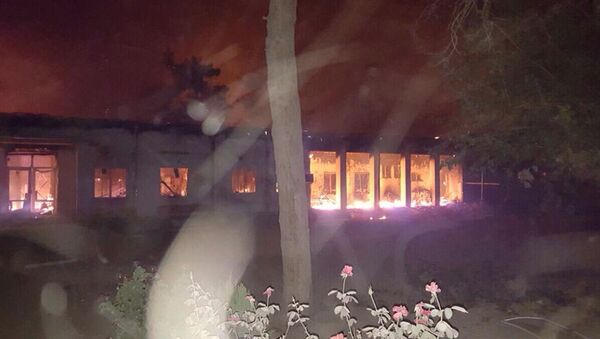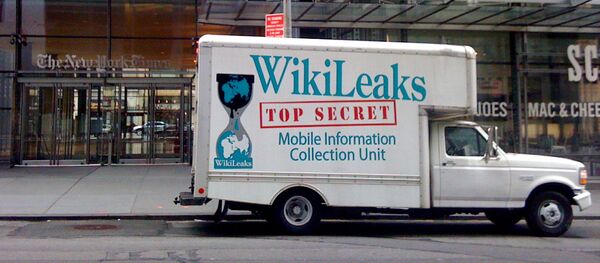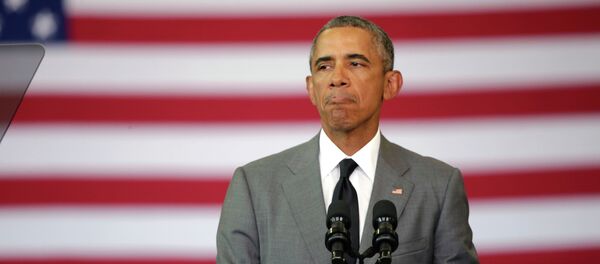Not trusting the United States to investigate itself, Doctors Without Borders (MSF) on Wednesday called for the International Humanitarian Fact-Finding Commission to conduct an inquiry into the US airstrike on its hospital in Kunduz.
That same day, US State Department spokesman John Kirby said the United States rejects calls for an independent international investigation. He insisted that the Pentagon remained confident it will conduct a "thorough and transparent inquiry," and does not need any outside body to investigate the attack.
As Turse points out in a story published Wednesday on the Intercept, hospitals are protected from deliberate attack – even if some of the people occupying the building are enemy soldiers.
"While hospitals can lose that protection if they're being used for military purposes, the standard is very high," James Ross, the legal and policy director at Human Rights Watch, told the Intercept.
Afghan officials have claimed that the hospital was being used by Taliban fighters, a claim which MSF strenuously denies.
"Even if this were the case," Ross said, "it would have not have allowed for the kind of attacks that struck the hospital."
In response to a call for air support from US Special Forces on the ground, an American gunship fired on the hospital for more than 30 minutes, killing 12 staff members and 10 patients, while wounding 37 others.
To date, no evidence has emerged that supports the Afghan claim that Taliban members were fighting from the hospital grounds.
"These statements imply that Afghan and US forces working together decided to raze to the ground a fully functioning hospital with more than 180 staff and patients inside because they claim that members of the Taliban were present," Christopher Stokes, MSF's general director, said in a statement. "This amounts to an admission of a war crime."
International humanitarian law allows for collateral damage to hospitals if a strike in the vicinity causes destruction that is not excessive compared to the direct military advantages gained by the attack, Turse notes.
The Pentagon's Law of War Manual states: "For example, a single enemy rifleman firing from a hospital window would warrant a response against the rifleman only, rather than the destruction of the hospital."
Jonathan Horowitz, a legal officer for the Open Society Justice Initiative who formerly worked as an adviser at the US Embassy in Kabul, questioned the proportionality of the US airstrike.
"The significance of the harm caused to the hospital and to the patients, and the staff, and the caretakers within raise serious concerns about whether the attack was proportionate and whether the US took the proper precautionary measures," he told the Intercept.




